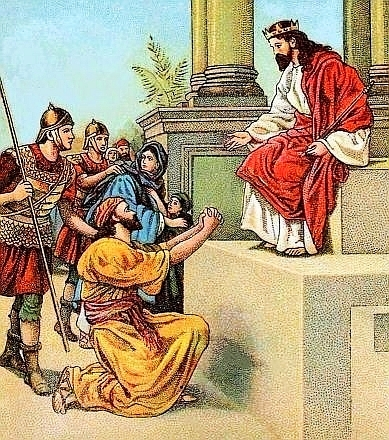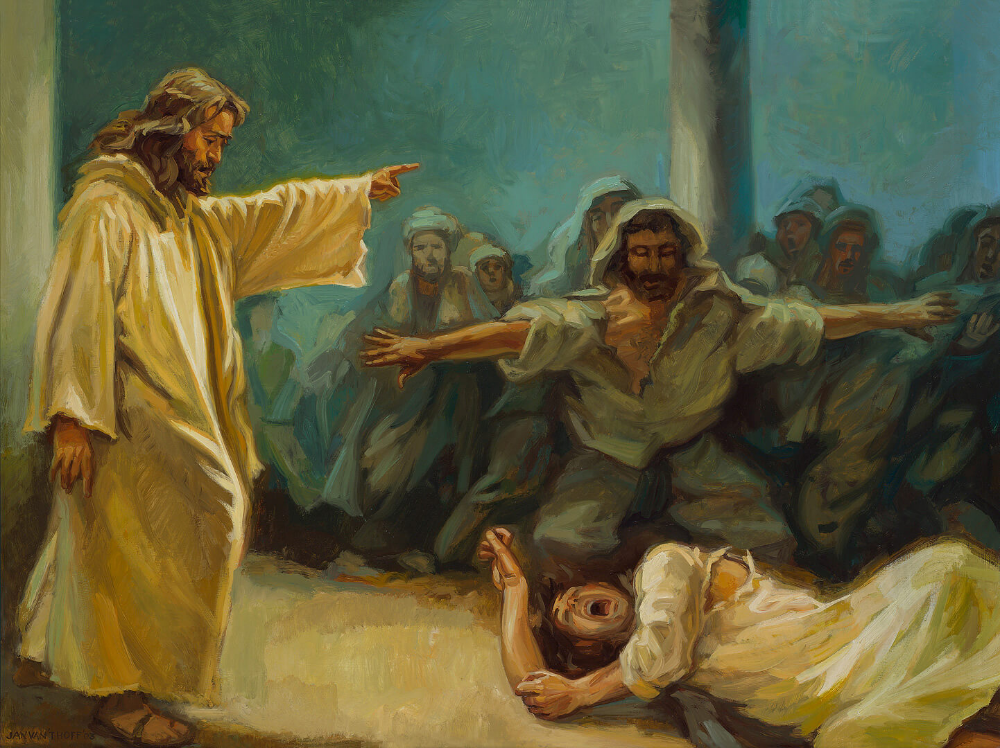1.0.
Introduction
Mary arose and went in haste
to visit Elizabeth after the angel Gabriel’s annunciation of the Lord to her.
The angel had told Mary that her cousin Elizabeth was with child in her old age,
she who was called barren. This was to prove to Mary that with God all things
are possible. Then, Mary surrendered to the will of God, saying, “Behold, I am
the handmaid of the Lord, be it to me according to your word.” Immediately the
angel left, Mary arose and went in haste to visit Elizabeth.
2.0. Mary Full of Grace
The angelic salutation, ‘Hail,
Mary, full of grace’, was more than just a greeting. It captures the whole
personality and life of Mary. Chosen from the foundation of the world, she was
prepared from the first moment of her existence for the singular purpose of
being the Mother of God. Being pure and Immaculate, Mary was full of grace. There
was not obstruction or hindrance of communication between Mary and God. As a
woman of grace, she could perceive and respond promptly to the will of God. Such
unhindered response to the divine will is equally possible because she
surrendered totally to the will of God. That means her actions can cooperate
with the will of God in a smooth haste.
3.0. Mary
arose and went in haste
So, ‘Mary arose and went in haste.’
This ‘speed’ is not uniquely restricted to her visit to Elizabeth, but
describes her overall disposition in doing the will of God; she responds promptly
to God. She does not delay in accepting what God wants, and she speedily throws
herself into doing that which brings God’s glory. That means God can fulfill
His plans through Mary since she makes herself available to God. Thus, the
graces of salvation can ‘speedily’ reach us through Mary, for she is always in
a haste to fulfill God’s will. We see this in the wedding ceremony at Cana in
Galilee, where Mary speedily brought the divine intervention that removed shame
from the couple (Jn 2:1-11). That is why devotion Mary helps us to be draw
closer to Jesus. With her maternal help, we can get rid of all obstacles that
impede our free and quick response to divine grace.
4.0. Youths go in Haste
Youths are often in haste, especially
at this generation. Our adaptation to smart technology seems to have inclined us
to expect everything about us to happen in haste. It is as if our blood is
boiling as our necks are stretched out for what is coming next! So, we easily forget
the past, get bored at the present, but warmed up for the unforeseen future. We
are in a hurry; no dull moment! We hardly settle for the present activity
before we start hearing the entertaining drums of the next activity. That is
why the next level of our lives is often more promising and we are in a hurry
to get there. Think about the haste with which youths enter relationships. Worse
still is the haste to get rich. Have you noticed that it is becoming difficult
for people to pay attention and listen for a few minutes? Our minds are wandering
too fast.
The kind of haste we apply these
days can bring problems. “Where knowledge is wanting, zeal is not good;
whoever goes too quickly stumbles” (Provb 19:2). Haste can lead to poverty
(Provb 21:5). To avoid these problems, we learn from Mary, who arose and went
in haste to visit Elizabeth. Mary’s example shows that we must be rightly motivated,
prompted by grace, and we are out to do God’s will. That means our lives must
rooted in God as the solid foundation from which we move. If we do not have the
right base, which faith supplies, we can easily hasten trouble and
destruction.
Therefore, we do not necessary
expect that the youths of these days should be dull or slow, but they should learn
from Mary to first remove those obstacles that hinger free communication with
God. If we cannot respond promptly to divine grace and in doing the will of
God, we can easily be hurried away the pursuit of pleasure and material things.
Fr Jude Chinwenwa Nwachukwu, C.Ss.R
CYON Youth Week, 2023
Saints Peter and Paul Catholic Church,
Tedi-Muwo, Ojo, Lagos.
Monday September 11th, 2023.
www.nwachinwe.blogspot.com

















